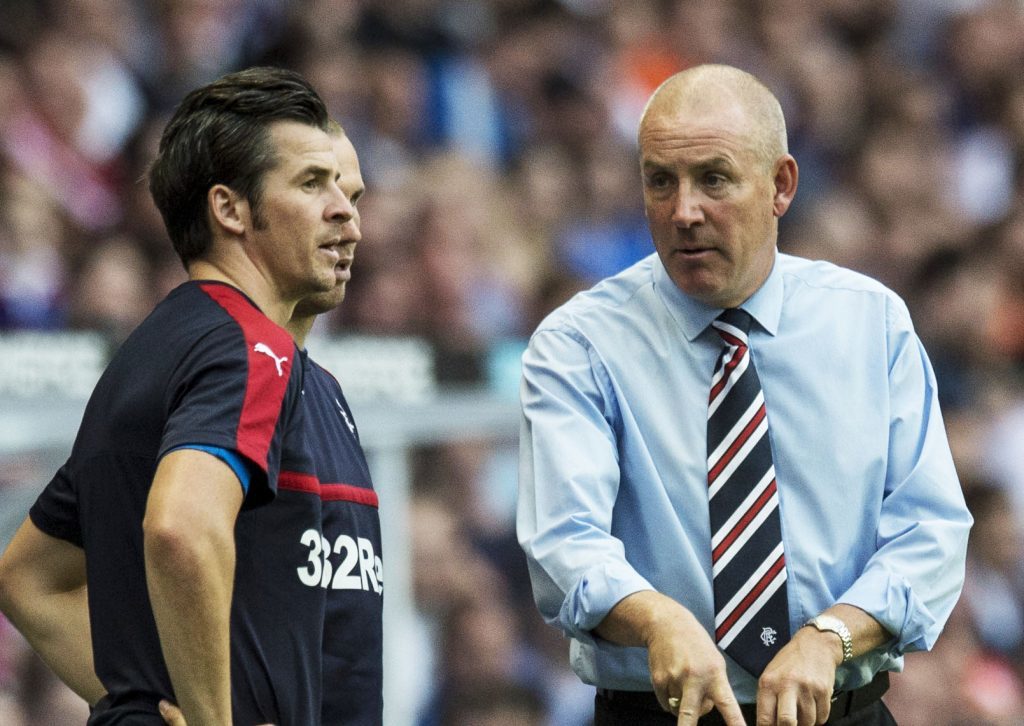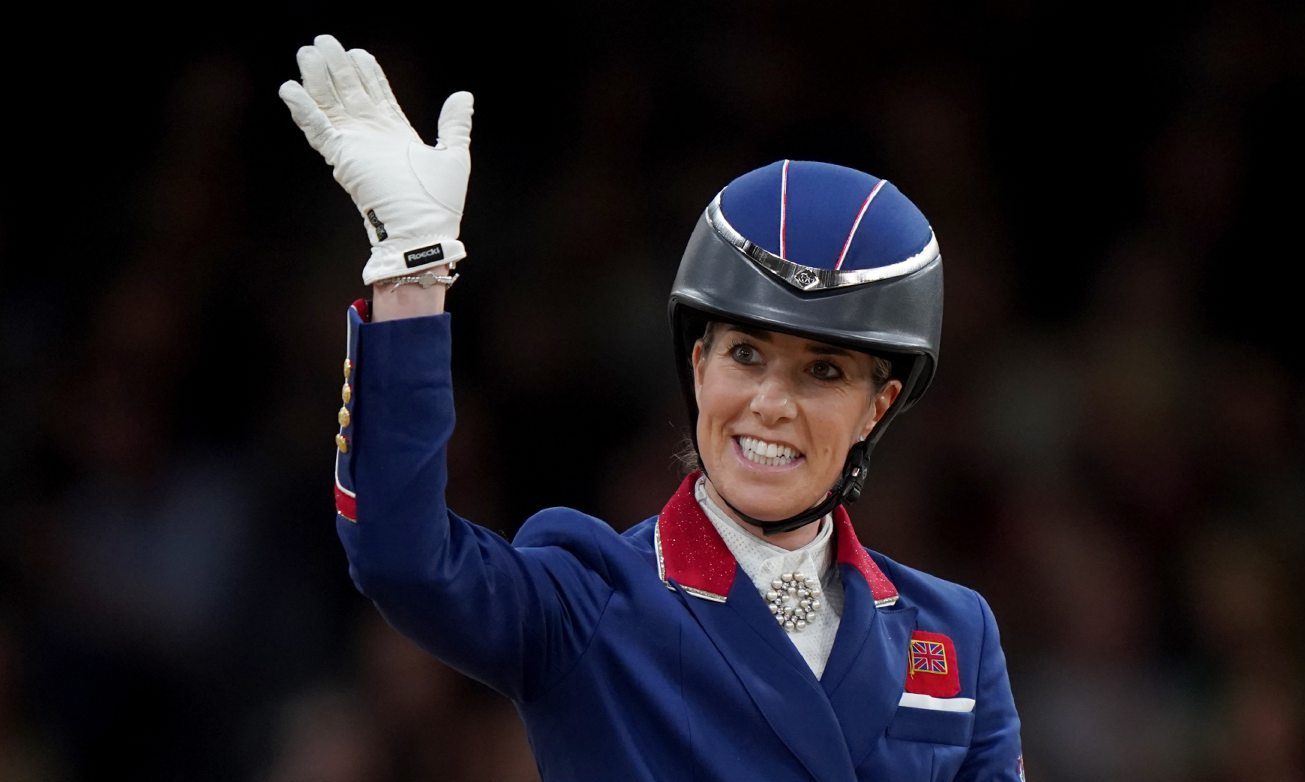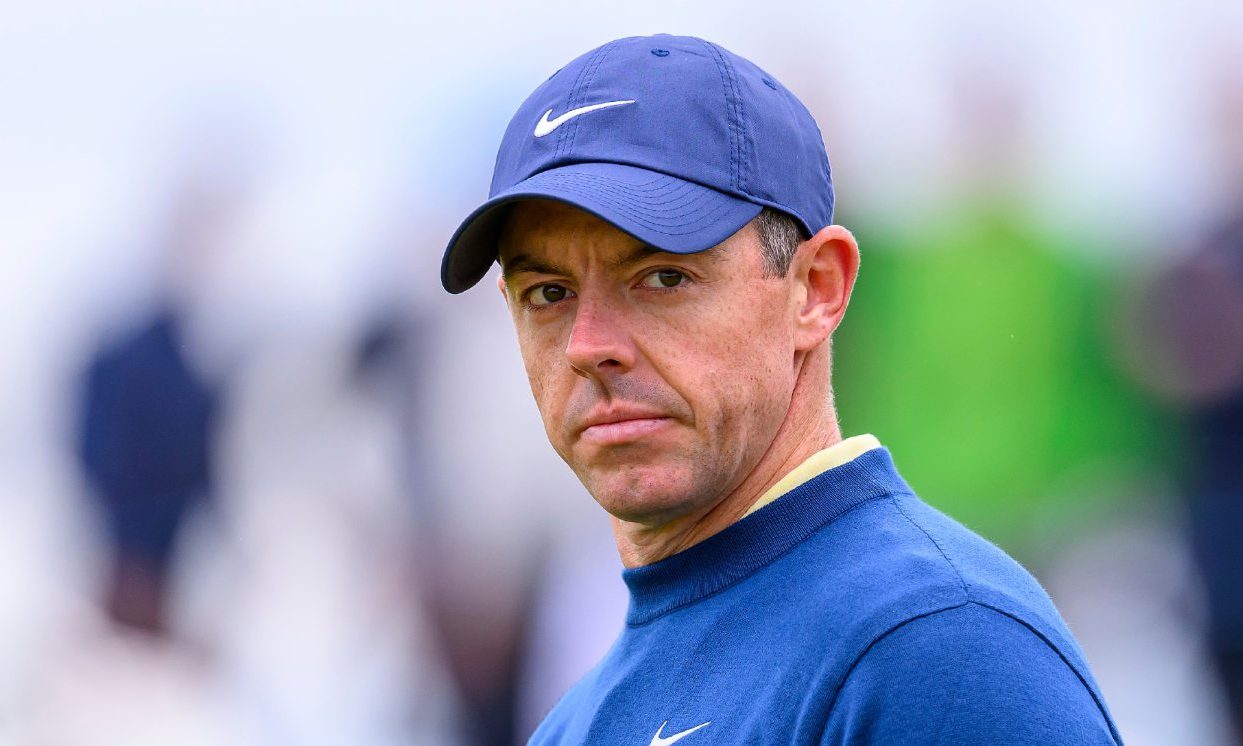How does a manager handle a player like Joey Barton?
As it turns out in Mark Warburton’s case, not very well.
Barton swaggered into Ibrox like a wild-west gunslinger, and after a mere eight games slinks out again after finding he wasn’t as quick on the draw in a strange town as he’d promised.
With the club agreeing to terminate his contract Warburton’s decision to sign him has proven badly ill judged.
Having failed miserably to live up to his self proclaimed star billing, Barton nevertheless created massive problems for his manager both with his lack of presence on field and with his temperamental outburst at Warburton.
He had cheap digs at Scott Brown and Brendan Rogers, and generally dismissed Scottish football as second rate, while spectacularly failing to deliver what the Ibrox outfit thought they were getting, a midfield rock who would boss games and protect his back line with energy and fervour.
Mark Warburton was faced with a very difficult dilemma. He had on his hands a player who was bigger than him as manager.
Very few fans in Scotland had any idea who the Rangers manager was when he pitched up, but very few didn’t know of Barton’s reputation from his misdemeanours both off and on stage.
Barton is a big personality and wasn’t slow to offer opinions in the media. Many of which, even before he had pulled on the light blue, pointed to a perfect storm waiting to foment the waves in the Scottish goldfish bowl.
Warburton needed to be a stronger character to stamp his authority quickly on a player who berated both him and team mates at training, while simultaneously failing to live up to his own hype and ignoring his own failings.
In football there can only be one boss.
Just as the chairman is the ultimate head of a club, the manager is the ultimate gaffer for players, and if he doesn’t immediately set down markers to that effect then he’s a dead man walking, because big dressing room characters will always fill the power vacuum.
Football management is not and cannot be a democracy.
By the time Warburton realised his mistake in not hauling his errant midfielder into line from the start at Ibrox, it was too late. The die was cast and a highly expensive train-wreck had been set in motion.
It’s guesswork to imagine what the folly of signing Barton has cost Rangers, but it will have set them back a hefty sum for no discernible benefit and a barrow load of negative publicity.
When former big names slip down the earnings table, becoming less attractive to the sort of clubs which once hired them, there is always a temptation for some managers to think they can get the best out of them. Sometimes though, a signing equates to a bundle of trouble, upsetting the equilibrium at the club.
The signing of Barton has cost Rangers a lot of cash which they could ill afford. Warburton may shortly find that his poor judgment means that not only Joey departs Ibrox, but that he also pays the ultimate price.





